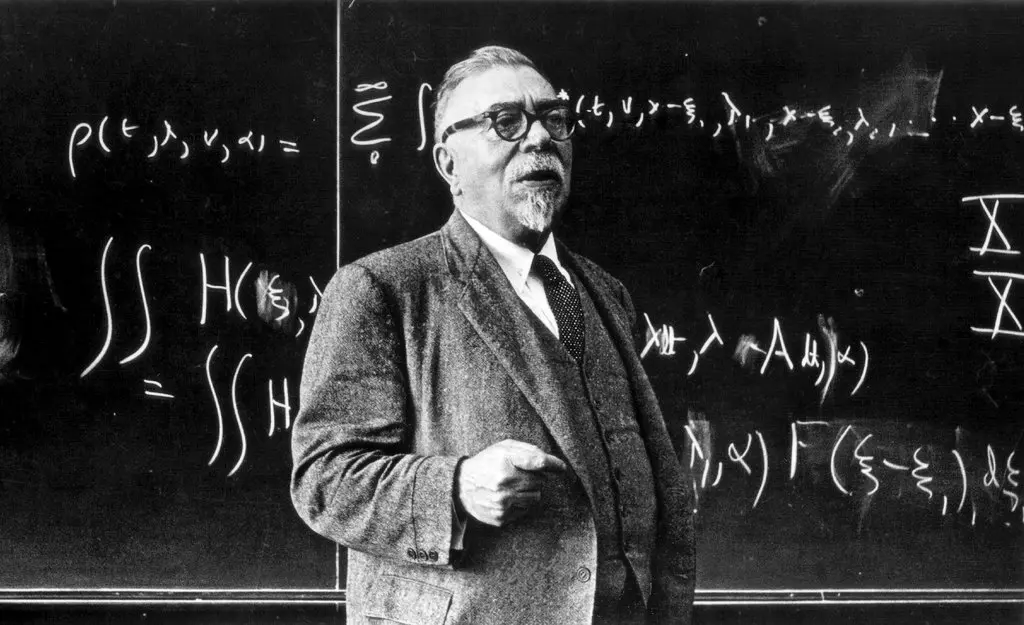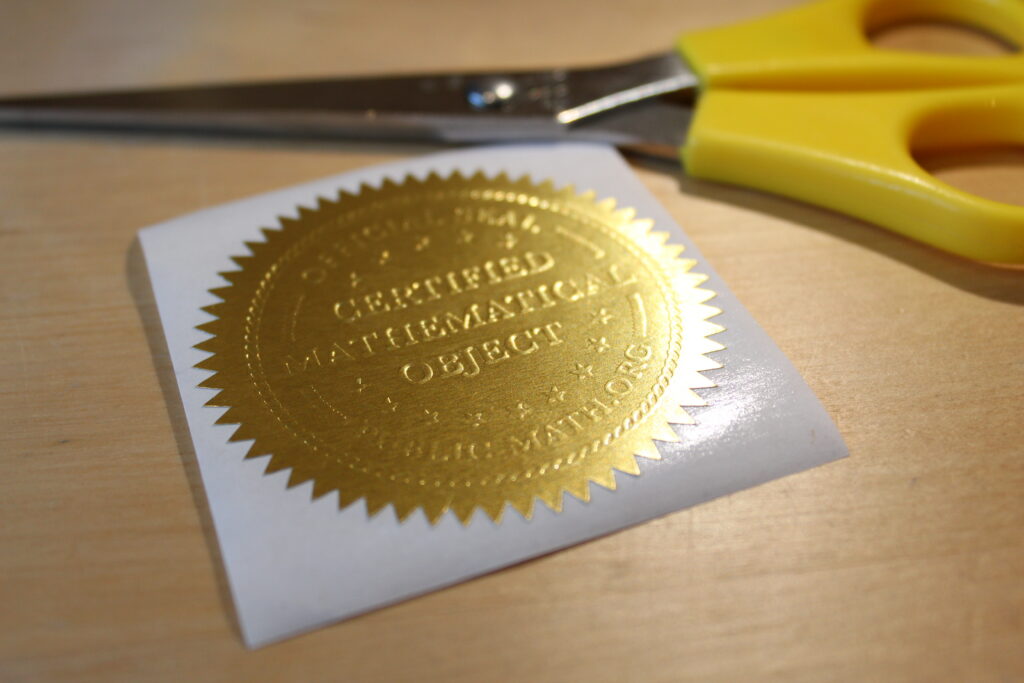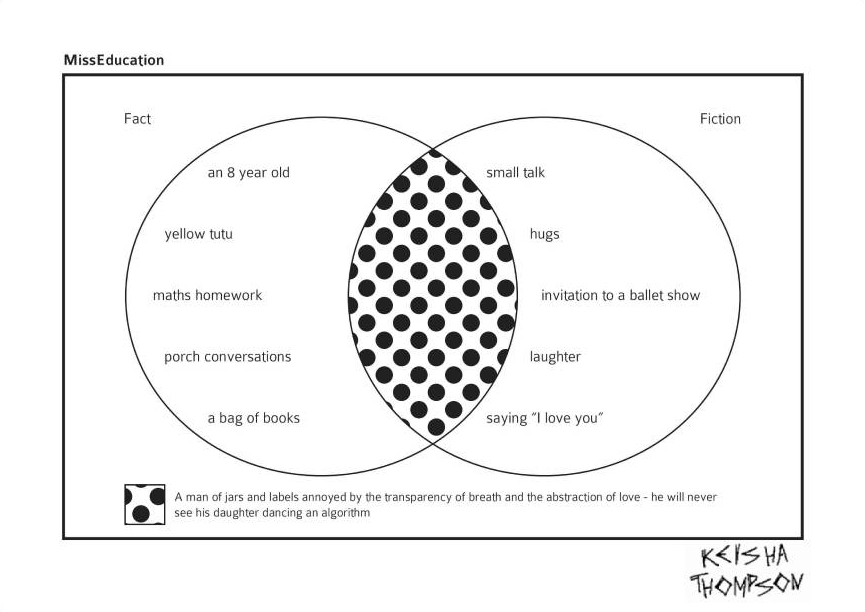
A conversation about mathematics inspired by a piece of folklore. Presented by Katie Steckles and Peter Rowlett.

Podcast: Play in new window | Download
Subscribe: RSS | List of episodes

A conversation about mathematics inspired by a piece of folklore. Presented by Katie Steckles and Peter Rowlett.

Podcast: Play in new window | Download
Subscribe: RSS | List of episodes

A conversation about mathematics and communicating mathematics inspired by a ‘Certified Mathematical Object’ sticker. Presented by Katie Steckles and Peter Rowlett, with special guest Chris Nho from Public-Math.org.

Podcast: Play in new window | Download
Subscribe: RSS | List of episodes

A conversation about mathematics inspired by a taxicab. Presented by Katie Steckles and Peter Rowlett.

Podcast: Play in new window | Download
Subscribe: RSS | List of episodes

A conversation about mathematics inspired by a Venn diagram. Presented by Katie Steckles and Peter Rowlett, with special guest Keisha Thompson.
Katie mentioned the MathForEquality badges and pins.

Podcast: Play in new window | Download
Subscribe: RSS | List of episodes
The UK Government have announced the latest list of honours, and we’ve taken a look for the particularly mathematical entries. Here is the selection for this year – if you spot any more, let us know in the comments and we’ll add to the list.

A conversation about mathematics inspired by a slice of pizza. Presented by Katie Steckles and Peter Rowlett.

Podcast: Play in new window | Download
Subscribe: RSS | List of episodes

A conversation about mathematics inspired by a light pattern in a tea cup. Presented by Katie Steckles and Peter Rowlett, with special guest Dominika Vasilkova.

Cardioids in coffee cups – Chalkdust
Cardioids in Coffee Cups – Numberphile
‘Stringuart’ String Art website (and less commercial String Art Generator)
Podcast: Play in new window | Download
Subscribe: RSS | List of episodes